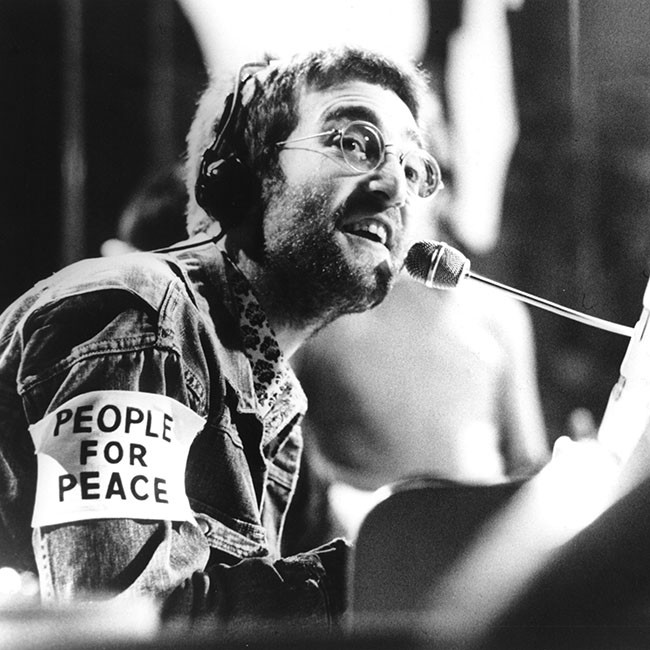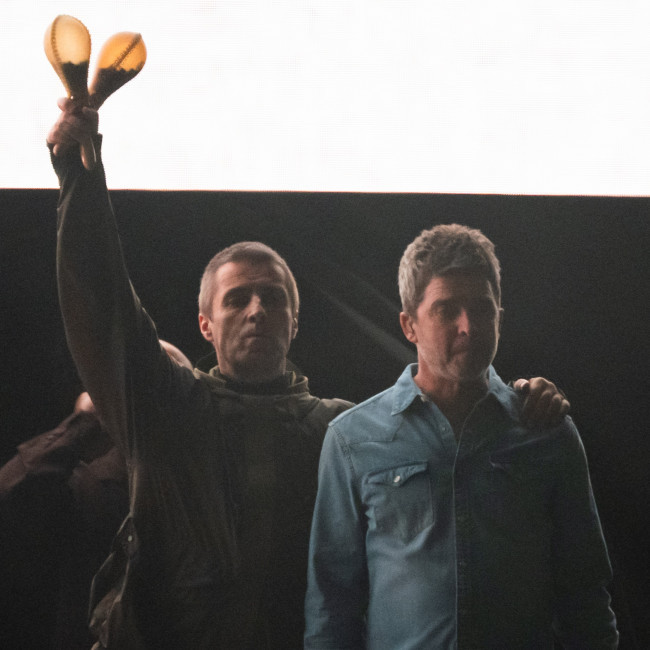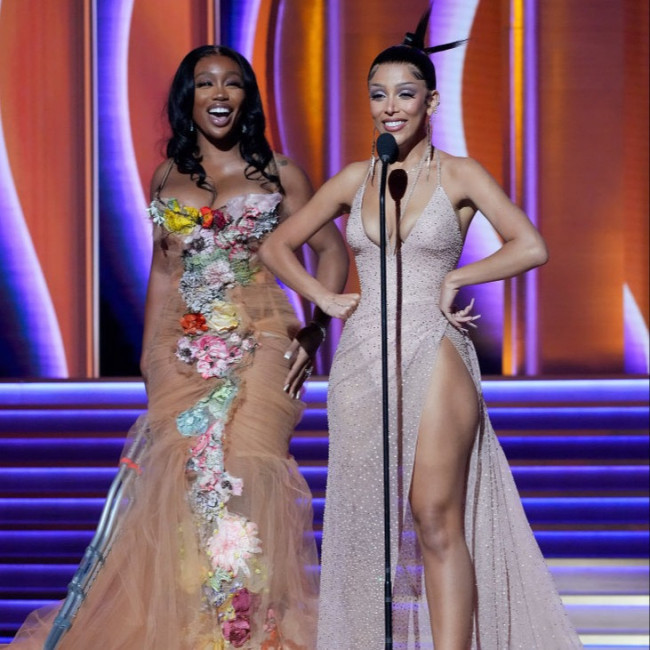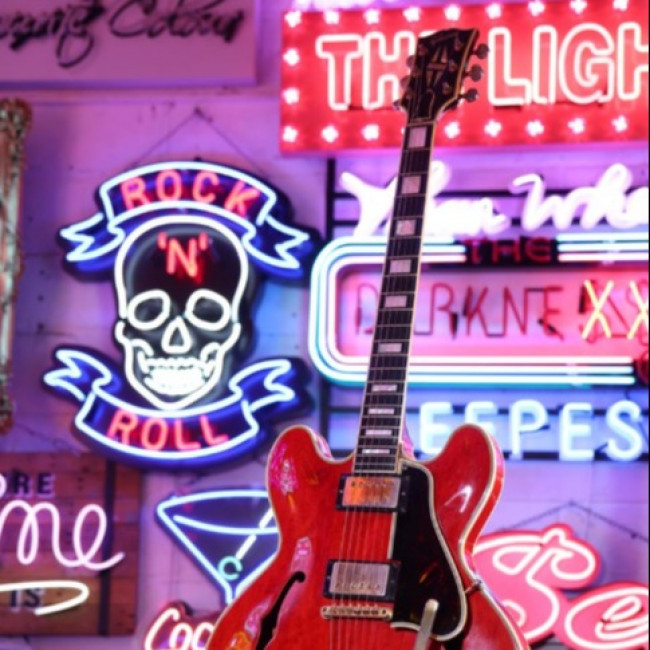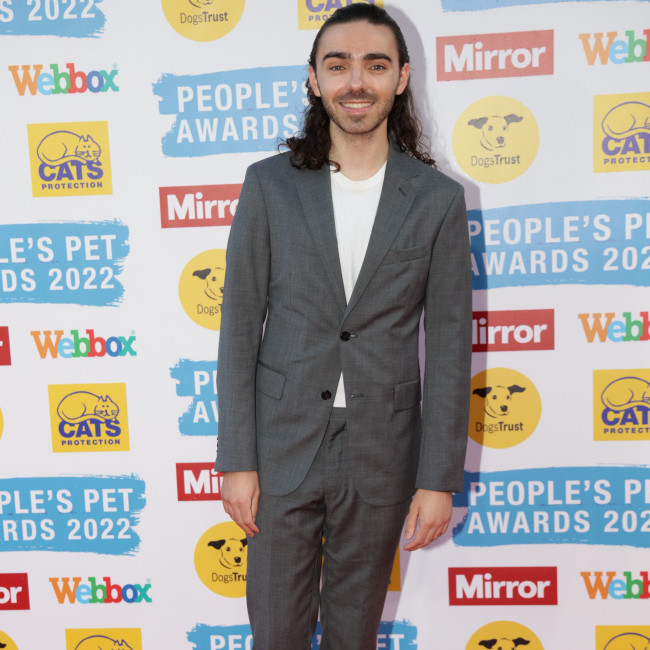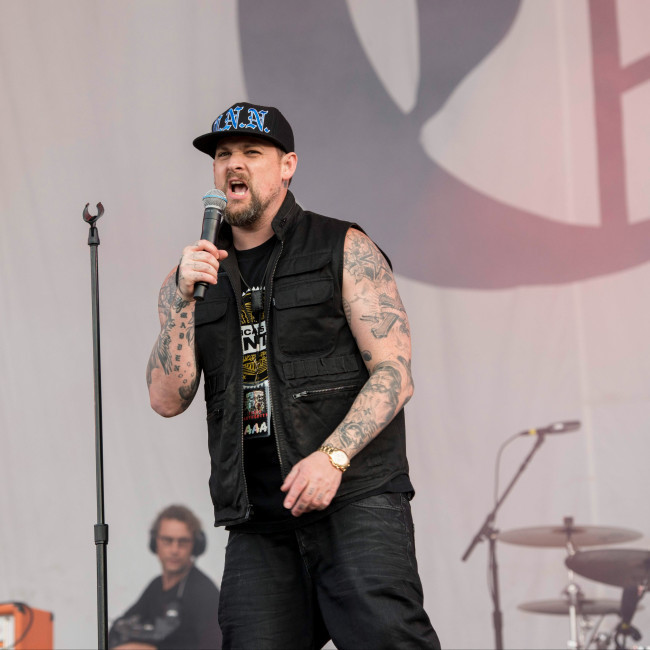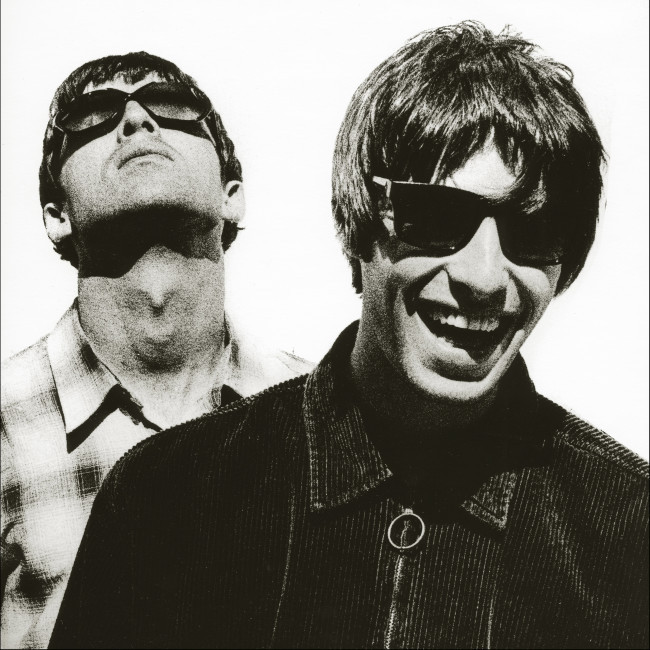John Lennon’s son Sean Ono Lennon says his father hated playing the fame game.
John Lennon “resented having to be a Beatle” in the end, according to his son Sean Ono Lennon.
The late frontman of the legendary Liverpool group was done with being a part of the “pop machine” in the years that followed the Yesterday band’s split in 1970, and wanted to focus on being a “radical artist and activist”, as inspired by his wife Yoko Ono.
However, Sean, 49, insists his father – who was shot dead outside his residence at The Dakota in New York City aged 40 in 1980 – never lost his love for music.
His son was asked about the period including the pair of One to One benefit concerts in 1972 at Madison Square Garden in New York City, which marked Lennon’s only full-length solo concerts in front of a paying audience after leaving The Beatles, and he dispelled the notion that his father had lost his passion for music.
Speaking to Chris Hawkins on BBC Radio 6 Music, he said: “I think there’s a bit of a myth about that. I don’t feel that he’d fallen out of love with music. I think he’d fallen out of love with a certain kind of fame. I think he’d fallen out of love with having to be a part of a machinery, of a pop machine, you know. I think that was – even though he was always rebellious within that framework, I think that he still resented, you know, having to be a Beatle in a way. I think he really wanted to move on from that, you know.”
He continued: “I think his relationship with my mum was the catalyst for it and the symbol of it in his mind. And he wanted to move on and be a radical artist and activist with, you know, this girl, Yoko, who he had fallen in love with. So, I think he was trying to find a new way to do things and looking for a new way to do things.”
Sean believes his father struggled when John Lennon and Yoko Ono as Plastic Ono Band’s 1972 double album, Some Time in New York City, flopped and was annihilated by critics.
He added: “I think there were some growing pains, you know. And by growing pains, I just simply mean he made a record with my mum that people didn’t necessarily like, Some Time in New York City, you know. I think the songs are really great. I just think they’re less manicured than what people were used to. You know, they were clearly recorded impulsively and quickly. And I think that was the rock and roll spirit. It was almost like a punk, a proto-punk kind of spirit. But I don’t think people were ready for that, paired with how heavily political the messaging was. But it still – I think when it didn’t sell, I think that was hard for them.”
Sean was promoting the Power To The People box set, which includes the Madison Square Garden concerts and a wealth of unreleased songs from the same period as Some Time in New York City.
At the time, Lennon recorded his telephone calls amid concerns that then-President Nixon and the FBI were recording his conversations.
The US authorities closely monitored Lennon during the early 1970s, largely because of his vocal opposition to the Vietnam War and his associations with politically charged activist groups.
Sean said of hearing the private calls: “For me, it was really incredible getting to hear them because they’re so candid, they’re even more candid than an interview, because it’s literally the most intimate thing you can hear, someone’s private phone call.
“So it really feels more than anything like a time machine or a time capsule, where you just get to be a fly on the wall.”

